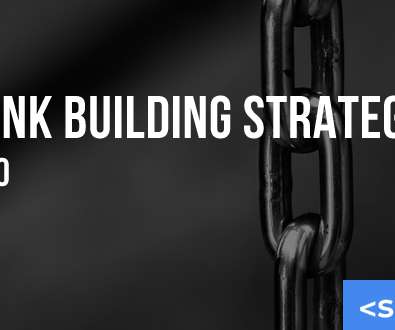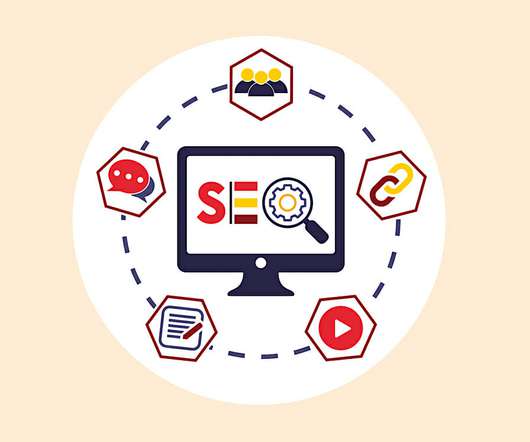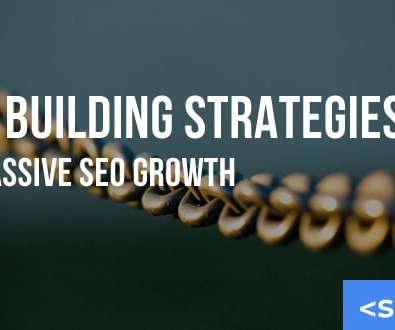They're Simply the Best: The Top 25 Moz Blog Posts of 2020
Moz
DECEMBER 27, 2020
We published 170 blog posts this year (including Whiteboard Friday episodes) — not too shabby for a year rife with personal and professional challenges! The top 25 Moz Blog posts listed below were published between January 1 - December 22, 2020, and are in order by unique pageviews generated during that timeframe. Enjoy! ? ?.















Let's personalize your content